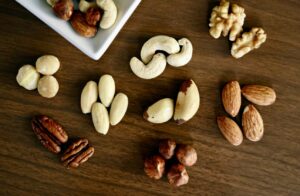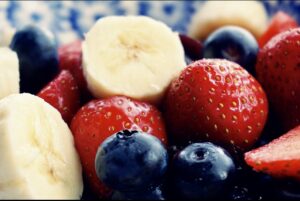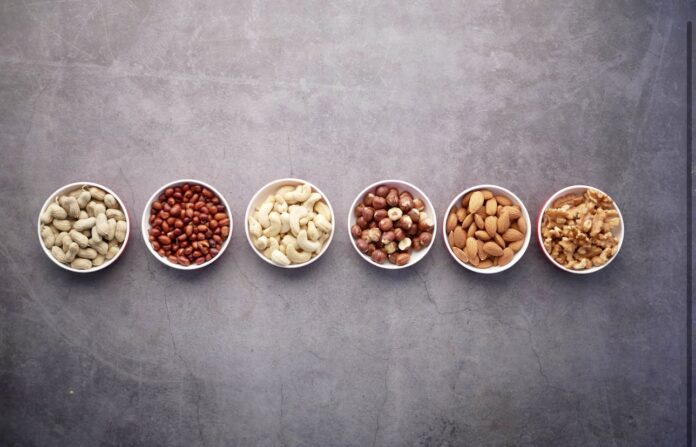Nel mondo frenetico in cui viviamo, spesso ci troviamo ad affrontare una serie di minacce alla nostra salute che sono al di là del nostro controllo diretto. Uno di questi fattori è la presenza di radicali liberi, molecole instabili prodotte naturalmente dal nostro corpo ma amplificate da una serie di influenze esterne come l’esposizione ai raggi UV del sole, l’inquinamento atmosferico, il fumo di sigaretta, l’alcol, lo stress e una dieta poco salutare. L’eccesso di radicali liberi può portare a danni cellulari significativi, contribuendo all’invecchiamento precoce della pelle e all’insorgenza di una vasta gamma di malattie, tra cui tumori, cataratta, artrite e malattie cardiovascolari e neurodegenerative come la sclerosi multipla e l’Alzheimer.
Ma cosa sono i radicali liberi?
I radicali liberi sono atomi o molecole instabili che contengono un numero dispari di elettroni nella loro struttura atomica. Questa configurazione rende i radicali liberi altamente reattivi e inclini a interagire con altre molecole nel loro ambiente.
Quando i radicali liberi interagiscono con altre molecole nei nostri corpi, possono causare una serie di reazioni chimiche indesiderate. In particolare, i radicali liberi possono rubare elettroni da molecole stabili come proteine, lipidi e DNA nelle nostre cellule, danneggiandole nel processo. Questo processo è noto come ‘stress ossidativo’.

L’accumulo di danni causati dagli attacchi dei radicali liberi può avere conseguenze negative sulla salute. Può contribuire all’invecchiamento precoce, danneggiare cellule e tessuti e aumentare il rischio di sviluppare una serie di malattie croniche, tra cui malattie cardiovascolari, neurodegenerative, tumori e altre.
Tuttavia, è importante notare che i radicali liberi non sono tutti cattivi. Alcuni radicali liberi sono prodotti naturalmente nel corpo e svolgono importanti ruoli in processi biologici cruciali, come la difesa immunitaria e la trasduzione del segnale cellulare. Il problema sorge quando i radicali liberi non sono bilanciati da un adeguato sistema antiossidante nel corpo, portando a uno squilibrio che può danneggiare le cellule e causare malattie.

Per contrastare gli effetti dannosi dei radicali liberi, il corpo ha un sistema di difesa antiossidante che include enzimi e molecole antiossidanti. Queste sostanze neutralizzano i radicali liberi, donando loro un elettrone e rendendoli meno reattivi.
In sintesi, i radicali liberi sono molecole instabili che possono danneggiare le cellule del nostro corpo se non sono controllati da un adeguato sistema antiossidante. Mantenere un equilibrio tra radicali liberi e antiossidanti è cruciale per la salute e il benessere generale.
Ma c’è una buona notizia: abbiamo a nostra disposizione un potente alleato nella lotta contro i radicali liberi – gli antiossidanti. Queste preziose molecole, presenti in abbondanza in molti alimenti, svolgono un ruolo chiave nella protezione delle nostre cellule dall’ossidazione, cioè dall’aggressione dei radicali liberi. Tuttavia, con i nostri stili di vita moderni e spesso frenetici, la produzione di radicali liberi supera di gran lunga l’apporto di antiossidanti, mettendo i nostri corpi in uno stato di stress ossidativo che può avere conseguenze devastanti per la nostra salute.

Ig – @fairness_mag




